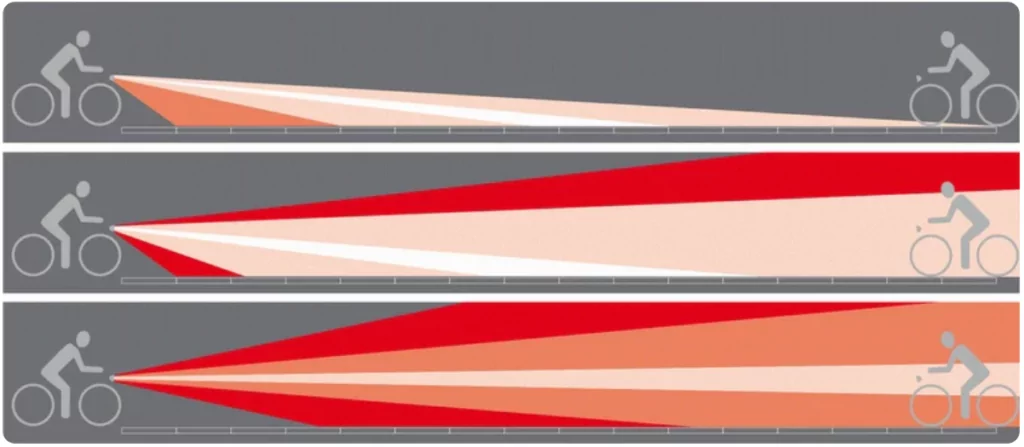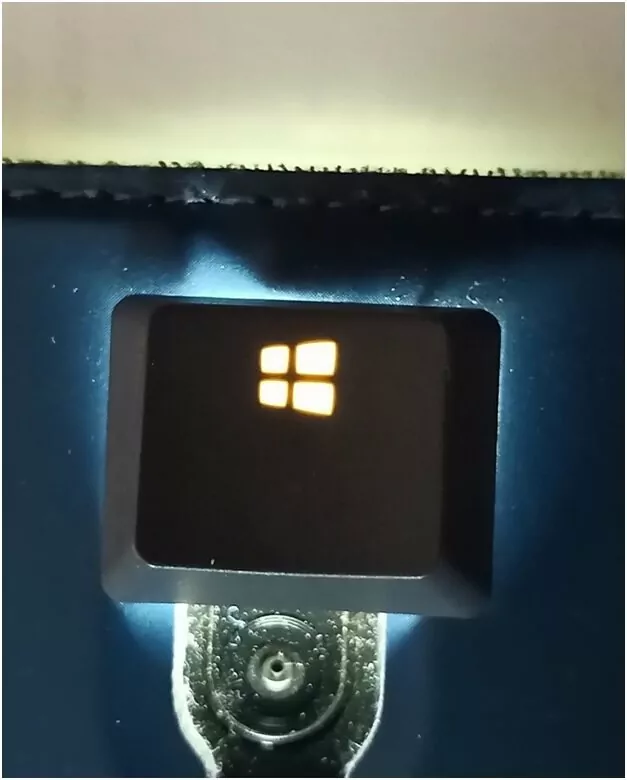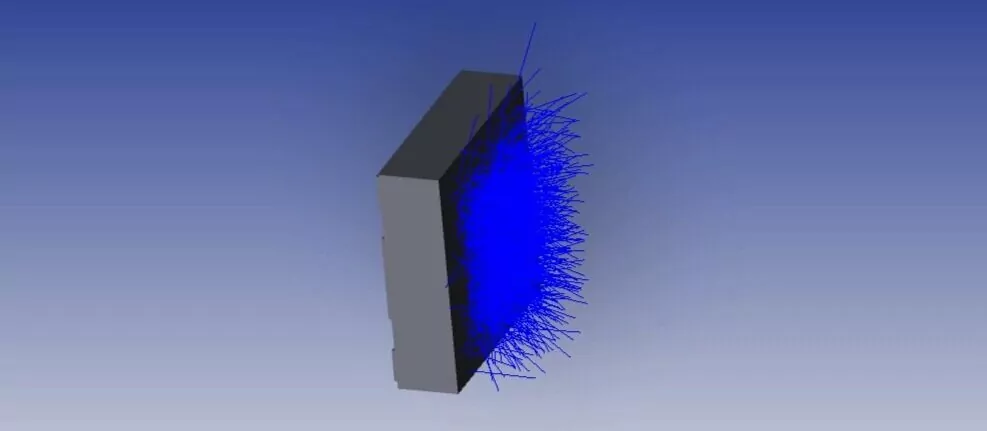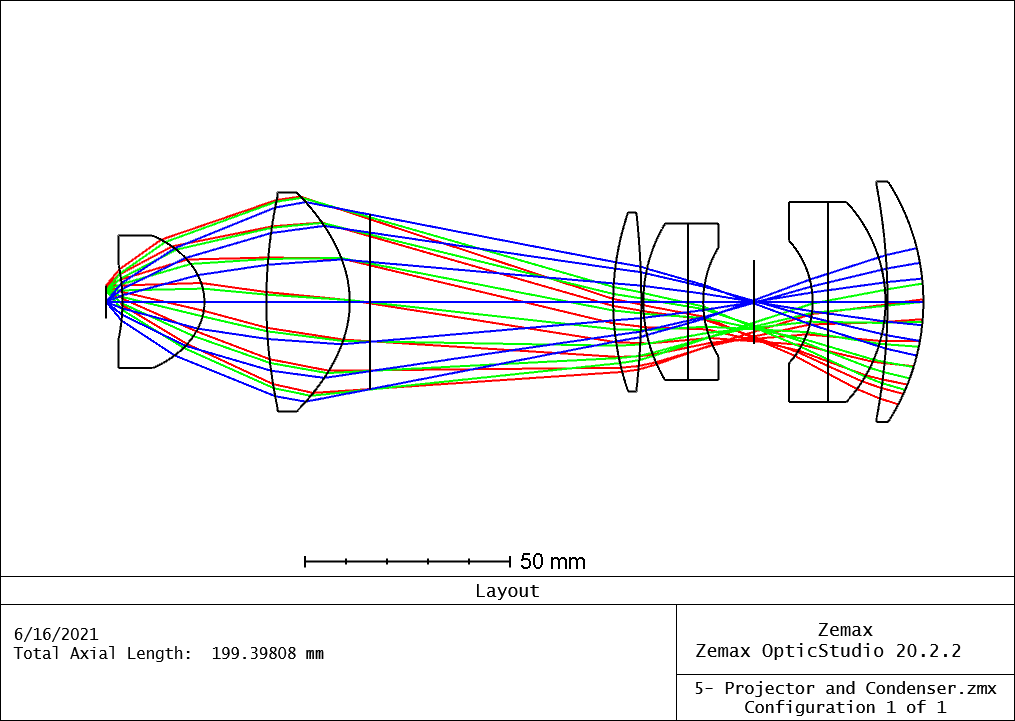Understanding STVZO Bike Light Pattern and Optical Design

STVZO (Straßenverkehrs-Zulassungs-Ordnung) is one of the most critical standards in the realm of bicycle lighting, ensuring compliance with legal requirements while enhancing the safety and convenience of cyclists. Adhering to these stringent standards is essential for providing effective illumination and meeting the necessary regulations for bike lights. Designing an STVZO-compliant light involves a deep understanding […]
How does a light pipe overmold work?

One common production method for light pipes is the overmold . This method uses an inexpensive light diffused plastic overmolded with a black case to generate a light-pipe. The “Win” keyboard key is one good example. “Win” key appearance to the observer. The black key body has a hole; during manufacturing, this hole is filled […]
Conoscopic Lens Design

A conoscopic lens is an instrument that can be used to measure the angular distribution of a light source. Its use is quite different from a lens, as in photography. An image created by a conoscopic lens resembles that of a fisheye lens. That is a highly distorted image. Conoscopic lenses are used to evaluate […]
Understanding Raysets and Ray Files for Accurate Illumination Design

Ray sets A rayset (sometimes called a rayfile) is a key element in the design of any illumination system. It describes the path of hundreds of thousands, millions, and even billions of rays of light as they leave a source (typically an LED). This data set is used in a ray tracing program like Zemax […]
Understanding the optics behind a PAPI light

In a previous article we talked about Aviation Light Optics. and discussed a runway light system called Precision Approach Path Indicator (PAPI). Now we would like to go more in detail into PAPI design and describe their design requirements. The PAPI system is a set of four light sources that help the pilots correct the […]
Projection Lens Design

Projection systems are one of the most common consumer optical devices (probably second to photographic systems). They allow us to view images on a screen (usually) by magnifying and projecting them at distances from a few centimeters to several meters away (like in a movie theater), while maintaining a high quality image. Projection systems are […]